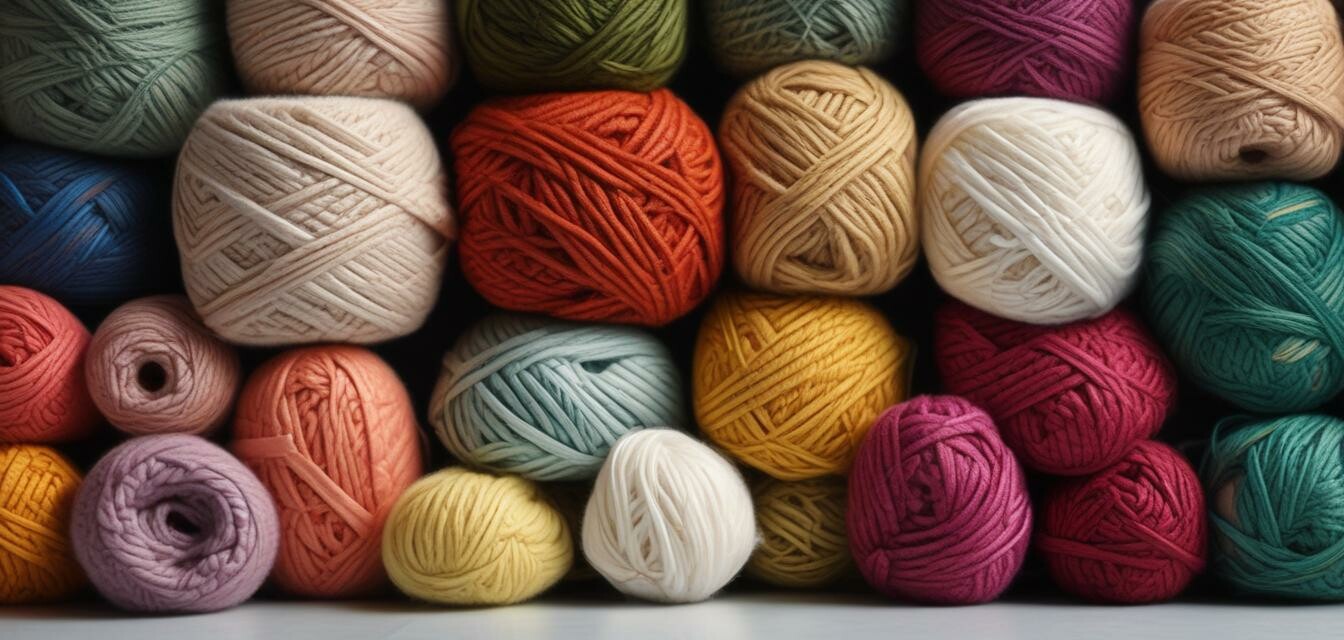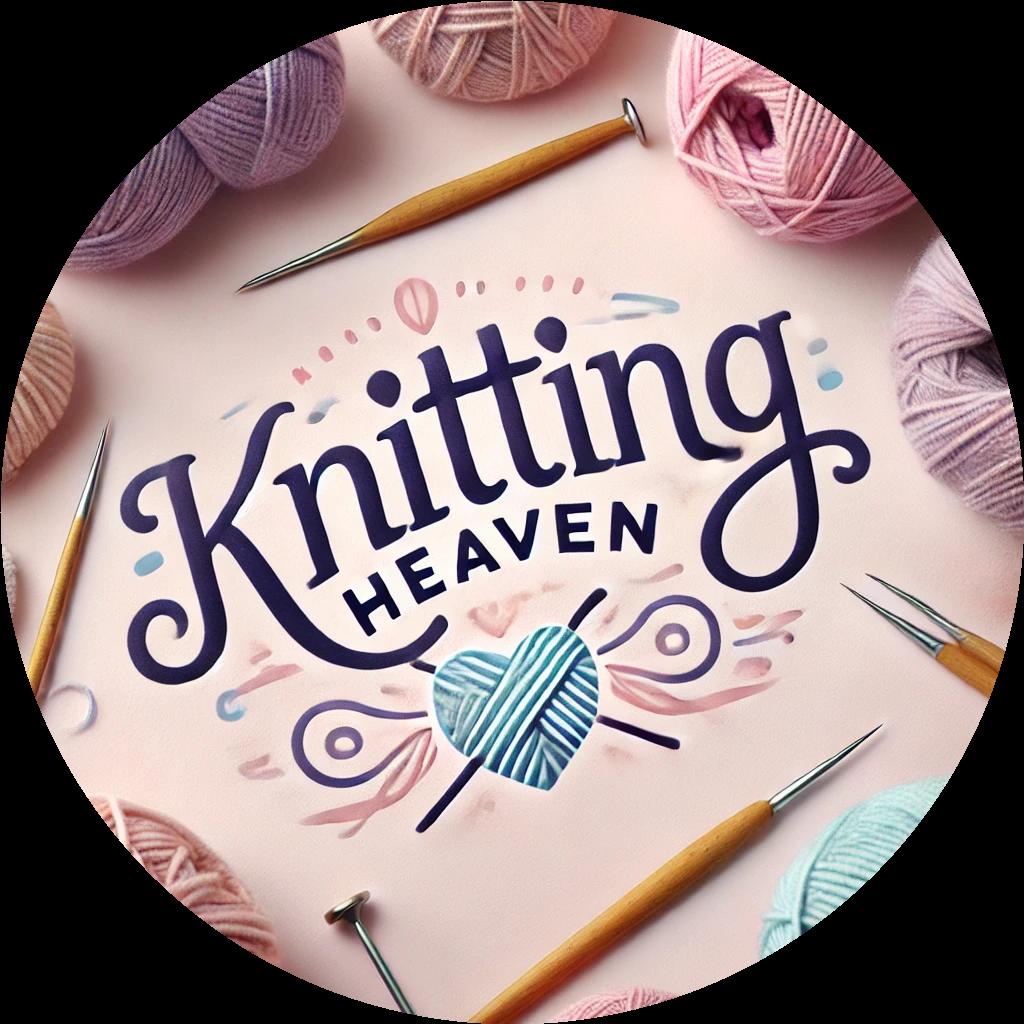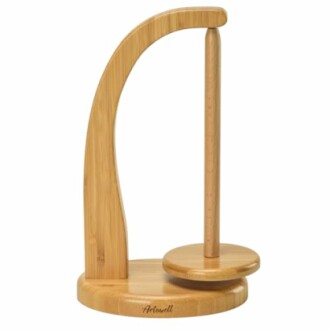
Choosing Eco-Friendly Yarns for Your Projects
Key Takeaways
- Eco-friendly yarn options include organic cotton, hemp, and recycled fibers.
- Brands focusing on sustainability often use natural dyes and ethical manufacturing practices.
- Making informed choices can reduce the environmental impact of your crafting.
As the world becomes increasingly aware of environmental issues, many crafters are looking for ways to reduce their ecological footprint. One effective way to do this is by choosing eco-friendly yarns for your knitting projects. This guide will help you navigate the variety of sustainable yarn options available on the market, focusing on materials, brands, and tips for selecting yarn that aligns with your commitment to the environment. Whether you're a beginner or a seasoned expert, making conscious choices can enhance your crafting experience.
Why Choose Eco-Friendly Yarns?
Eco-friendly yarns have a significantly lower impact on the environment compared to conventional options. Here are some reasons to consider including them in your projects:
- Reduced Waste: Sustainable yarns often come from recycled materials or are made using processes that minimize waste.
- Natural Ingredients: Many eco-friendly yarns are made from organic fibers, avoiding harmful chemicals often used in traditional yarn production.
- Support for Ethical Brands: Opting for eco-friendly materials often means supporting companies that prioritize ethical labor practices and sustainable sourcing.
Types of Eco-Friendly Yarns
Understanding the various types of eco-friendly yarns can help you make informed decisions. Below is a table of popular sustainable yarn materials along with their characteristics:
| Yarn Type | Description | Benefits |
|---|---|---|
| Organic Cotton | Made from cotton grown without harmful pesticides or chemicals. | Soft, breathable, and biodegradable. |
| Hemp | Derived from the hemp plant, known for its durability. | Strong and resistant to mildew, plus it requires minimal water. |
| Recycled Fibers | Yarn made from recycled plastic bottles or fabric scraps. | Helps reduce landfill waste and energy consumption. |
| Bamboo | Soft and silky yarn made from bamboo plant fibers. | Biodegradable, antibacterial, and breathable. |
Recommended Eco-Friendly Yarn Brands
Choosing the right brand can greatly influence the sustainability of your project. Here are some brands known for their eco-friendly practices:
- Organic Yarn Company - Specializes in 100% organic yarns.
- Ethical Yarns - Offers various eco-conscious yarns made sustainably.
- Green Yarn Supplier - Focuses on recycled and sustainable options.
How to Choose Sustainable Yarns
When selecting eco-friendly yarn for your next project, consider the following tips:
Beginners Section
- Look for certifications: Seek labels like GOTS (Global Organic Textile Standard) to ensure authenticity.
- Check dye options: Opt for yarns dyed with natural dyes instead of synthetic colors.
- Evaluate the source: Research where the materials are sourced and how they are produced.
- Read reviews: Learn from other crafters’ experiences with specific brands and products.
Featured Product
Yarn Holder for Knitting and Crocheting, Wooden Yarn Spinner
This beautifully crafted yarn holder is not only functional but also a decorative piece, made from natural wood materials that enhance toughness and longevity.
Learn MoreConclusion
Choosing eco-friendly yarns is a rewarding step that benefits both your crafting experience and the planet. By being mindful of your choices and selecting sustainable options, you can create beautiful projects without compromising your values. Start exploring these options today and make your knitting have a positive impact!
Pros
- Eco-friendly materials help reduce environmental impact.
- Support ethical brands and sustainable practices.
- Access to unique and natural textures.
Cons
- Eco-friendly yarns can be more expensive.
- Limited availability compared to conventional options.
- Need to research brands to ensure sustainability claims.




